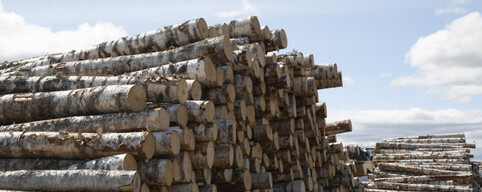

The European Union is striving to strengthen its environmental standards by including the most at-risk countries in a list of high-risk deforestation nations. One such country could be the Russian Federation. Due to non-compliance with environmental standards, Russia risks being added to the "blacklist" of countries subject to additional checks on goods. This decision could create significant obstacles for the Russian economy, which heavily relies on the export of natural resources.
According to the updated EU Deforestation Regulation (EUDR), countries are now classified based on their risk level: low, standard, or high risk. Countries with a high risk level are subject to increased scrutiny from European authorities. This means that goods imported from such countries will be thoroughly inspected, potentially slowing down and complicating trade processes.
Russia's inclusion in this list will inevitably create new barriers to economic relations between the EU and Russia. This, in turn, could lead to a reduction in the country's export potential, as a significant portion of Russia's exports consists of natural resources and goods that may face sanctions for failing to meet EUDR requirements.
The restrictions that may be imposed by the European Union will also exert considerable pressure on the Russian economy. With each passing year, the EU seeks to raise environmental standards, establishing stricter regulations for countries participating in international trade.
Along with Russia, other countries such as Venezuela, Bolivia, and Paraguay may also be included in the "blacklist." These countries face similar risks and consequences for their economies. A weakened export environment could lead to a decline in foreign currency reserves, inflation, and economic instability.
The introduction of additional checks on goods will complicate trade processes and may jeopardize the fulfillment of export contracts for these countries. Notably, the economies of these nations have historically depended on the export of raw materials and agricultural products. Consequently, these restrictions could result in potential economic losses and create barriers to attracting new investments.
Thus, the EU's decision to introduce new requirements and classify countries based on environmental risk levels raises questions about the stability of economic relations with several nations. Accordingly, to avoid significant economic losses, these countries must reassess their environmental policies and regulations to align with the demands of their European partners.



